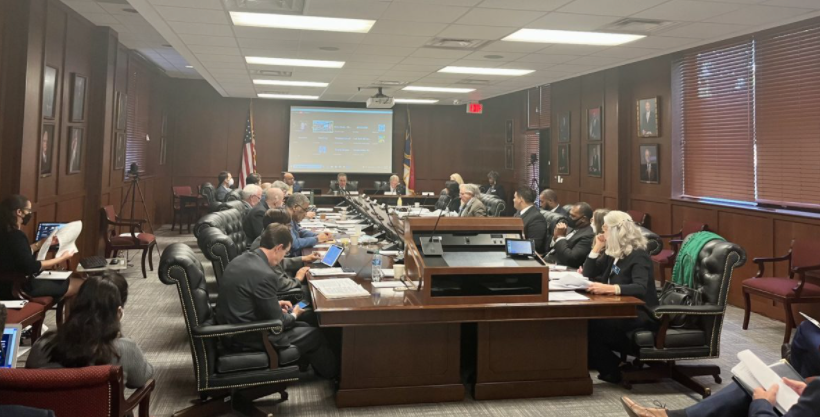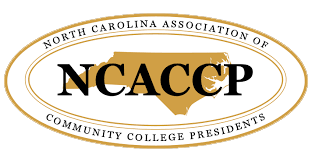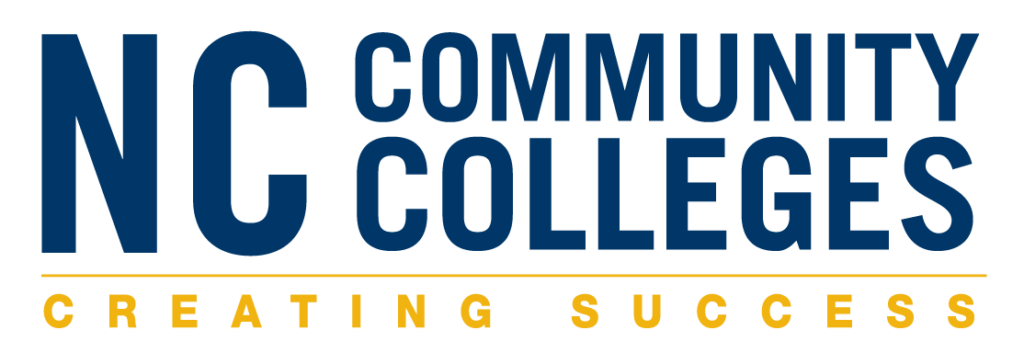By: Hannah McClellan March 22, 2022
Read the full article on EdNC.org
The community college system contributes about $19.3 billion to the state’s economy each year, according to an economic impact study presented at the Board meeting last week.
The latest state budget included $750,000 for the study, which was conducted by labor analytics firm Emsi/Burning Glass to evaluate the labor dynamics in the state and the impact community colleges have on students and businesses.
The system nearly doubles the revenue it receives from taxpayers, the study shows. On average, the report shows that N.C. community college students have a rate of return on their college investment of 22.3%.
“The community college system serves over half a million students each year and fuels North Carolina’s job engine,” Stith said. “Our strong partnerships with business and industry in our communities and around the globe are creating a demand for our community colleges to provide the unique and skilled workforce needed, and we are leading economic recovery efforts in North Carolina.”
The data and survey collection for the report started in June and went through August. The report will be shared across the state through May, with the goal of highlighting the economic value of the state’s 58 community colleges. The study included an individual report for each college.
Here are some highlights from the report, looking at the system from 2019-2021:
$19.3 billion added to the state’s income, or 3.4% of the state’s Gross State Product (GSP).
303,842 credit students and 381,453 non-credit students served.
$1.4 billion paid in payroll/benefits.
$212.4 million in tuition revenue.
$93.2 million added state income in construction spending.
$17.1 billion in higher alumni earnings and increased business profit.
$588 million added in state income through relocated/retained student spending.
36,422 employees and support for 319,763 N.C. jobs.
Sen. Deanna Ballard, R-Alleghany, who co-presented the report with John M. Belk Endowment Chair MC Belk Pilon and Anna Brown from Emsi/Burning Glass, gave her continued legislative support for the system. The new state budget allocates $2 million for implementation of recommendations from the study, specifically to expand and target efforts proved to have greater economic impacts.
“As we are closing in on visiting all 58 colleges, we’ve seen firsthand the impacts the colleges are making on students, communities, businesses, and the state at large,” Belk Pilon said. “Yet we’ve also seen and realized that our state’s biggest asset has been undervalued, underfunded and under-appreciated. We often hear that community colleges are our state’s best-kept secret. This is a problem — or at the Endowment, we like to think of as a massive opportunity.”
Moving forward, the system plans to release a request for proposals (RFP) in April to distribute the funds. Colleges will identify their most impactful programs and then apply for a “competitive grant process.” Winners will be awarded in fiscal year 2022-23.
A website outlining the findings of the economic impact study and of details at each of the 58 colleges is also being finalized by CRISP Communications, with more details expected soon.









